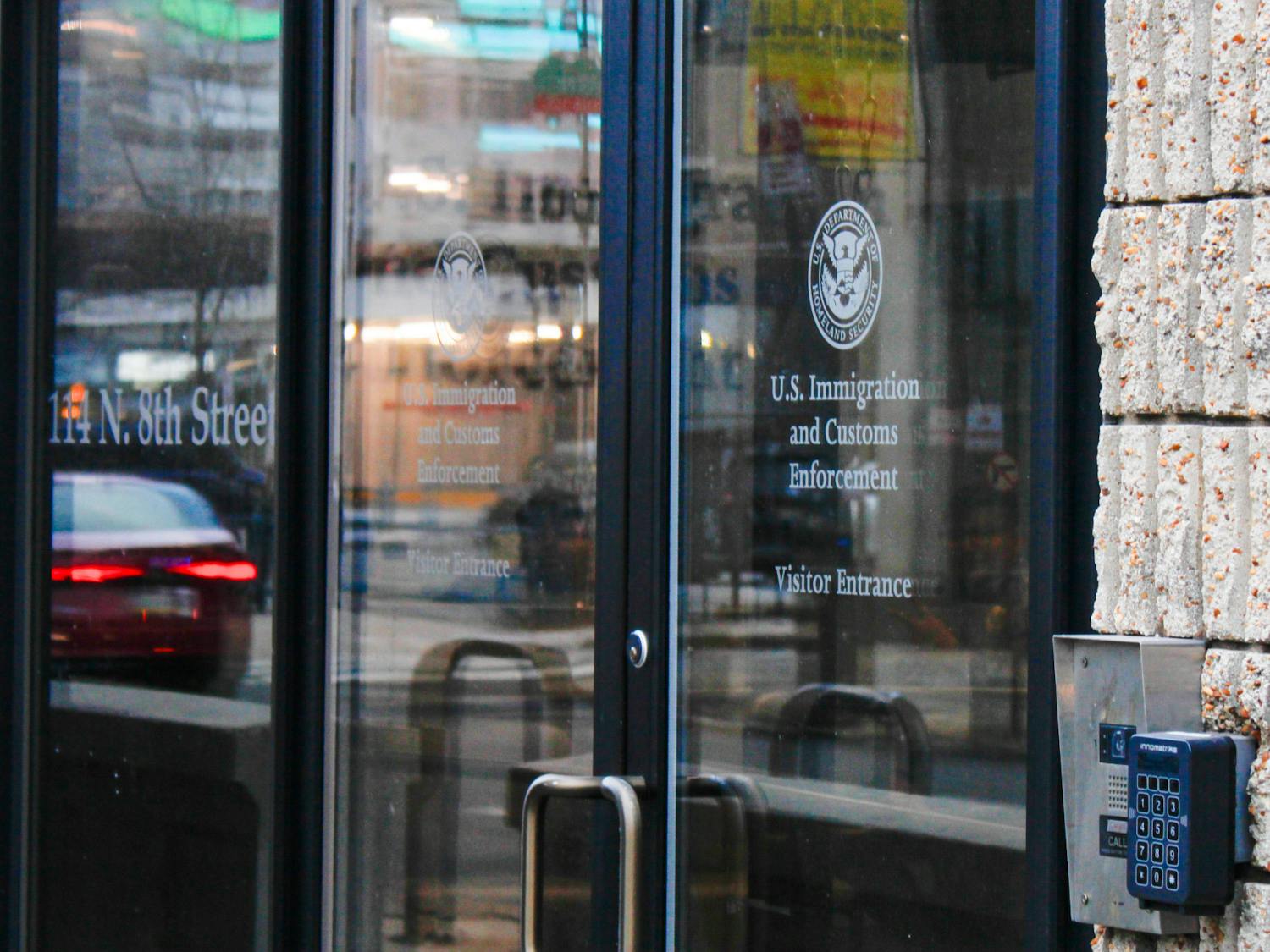News of the upcoming Boycott, Divestment and Sanctions conference has raised a number of concerns both on and off campus. As three of the conference’s organizers, we would like to take this opportunity to respond more comprehensively to some of the questions we have received.
1. Does BDS attempt to “delegitimize” the State of Israel?
The legitimacy of a state derives from the consent of the governed. Today, Israel effectively rules over four million Palestinians in the Occupied Territories to whom it denies voting rights and other political and civil liberties due to their non-Jewish ethnicity. Within Israel proper, more than 30 laws discriminate against Arab citizens on the basis of ethnicity (or what in official parlance is called their “nationality”). While Arab-Israelis fare better than their counterparts in the Occupied Territories, the Israeli legal NGO Adalah reports “the right to equality and freedom from discrimination is not explicitly enshrined in Israeli law as a constitutional right, nor is it protected by statute.”
Indeed, such a constitutional provision would undermine the state’s goal of maintaining a Jewish demographic majority by favoring Jews — whether they are born in Israel or in West Philadelphia — in the fields of immigration, land ownership, family unification, education and state services like water, electricity and sanitation. For some of Israel’s supporters, these discriminatory measures are necessary to maintain the state’s “Jewish character.” But for its 1.2 million Arab citizens — referred to in Israeli public discourse as a “demographic threat” — they mean exclusion, segregation, alienation and hardship.
It is this type of discrimination and outright denial of rights that contributes to the perception by many that Israel is an illegitimate sovereign. The goal of BDS is to use non-violent civil society action to bring those inequalities to an end. Should BDS achieve this goal, Israel would become more, not less, legitimate in the eyes of both the people it governs and of third parties. Indeed, complete equality and human rights for Palestinians is the one and only key to Israel’s permanent legitimacy and security in the region.
2. How do you respond to the criticism that your conference applies a “double standard” to Israel?
Speaking to Philadelphia’s Jewish Exponent magazine last week, notorious Israel apologist Alan Dershowitz, a Harvard Law professor, said “People who support BDS ought to look themselves in the mirror and ask themselves, ‘Why Israel?’ Why not against Hamas … or against Syria … or against Cuba … ?”
The implication that BDS activists don’t also devote their time to combating human rights abuses elsewhere in the world is simply false. We the organizers, and most of our allies around the country, have throughout our activist careers taken part in numerous solidarity actions and protests against violence and oppression in Egypt, Syria, Iran, and other countries. BDS supporters wear many hats.
Related
Shlomo Klapper | BDS: Bigoted Double Standards
Your voice | Think twice about tokenism
Upcoming pro-Palestine movement conference sparks debate
However, we must also point out that Israel is a unique case. No other systematic human rights abuser in the international system receives $3 billion a year in U.S. military aid or the unqualified moral approbation of nearly every elected U.S. official. If there is a “double standard” in the treatment of Israel, it is the standard applied by Israel’s supporters in the U.S. Congress, not by BDS activists. Furthermore, it is often forgotten by the likes of Dershowitz that Syria, Hamas and Cuba already face extensive U.S. (and in the case of Hamas, Israeli) sanctions. It is only Israel whose systematic denial of rights to an entire population is gleefully applauded by our elected leaders and presidential candidates.
3. Do you consider any of the speakers at your conference to be anti-Semitic, as certain pro-Israel groups have claimed?
No. Our speakers are careful to distinguish between Jews and Judaism on the one hand, and Israel and Zionism on the other hand. Not to mention that a significant number of our speakers are themselves Jewish. Labeling the conference anti-Semitic is simply a tactic to discredit legitimate criticism of Israel.
While the conference has reached capacity, Penn students are invited to attend Saturday night’s keynote address by Palestinian-American journalist Ali Abunimah free of charge by registering on our website, pennbds.org. In addition, any student of conscience interested in getting involved with PennBDS should email us at pennbds@gmail.com. We know the opposition is powerful and the prospect of controversy and confrontation can seem daunting, but as Martin Luther King, Jr. wrote, “True peace is not merely the absence of tension; it is the presence of justice.”
Matt Berkman, Madeline Noteware and Abbas Naqvi are three of the organizers of the upcoming Boycott, Diverstment and Sanctions conference. Berkman is a first- year Political Science doctoral student, Noteware is a College and Wharton senior and Naqvi is a second-year Molecular Biology doctoral student. Their email address is pennbds@gmail.com.








